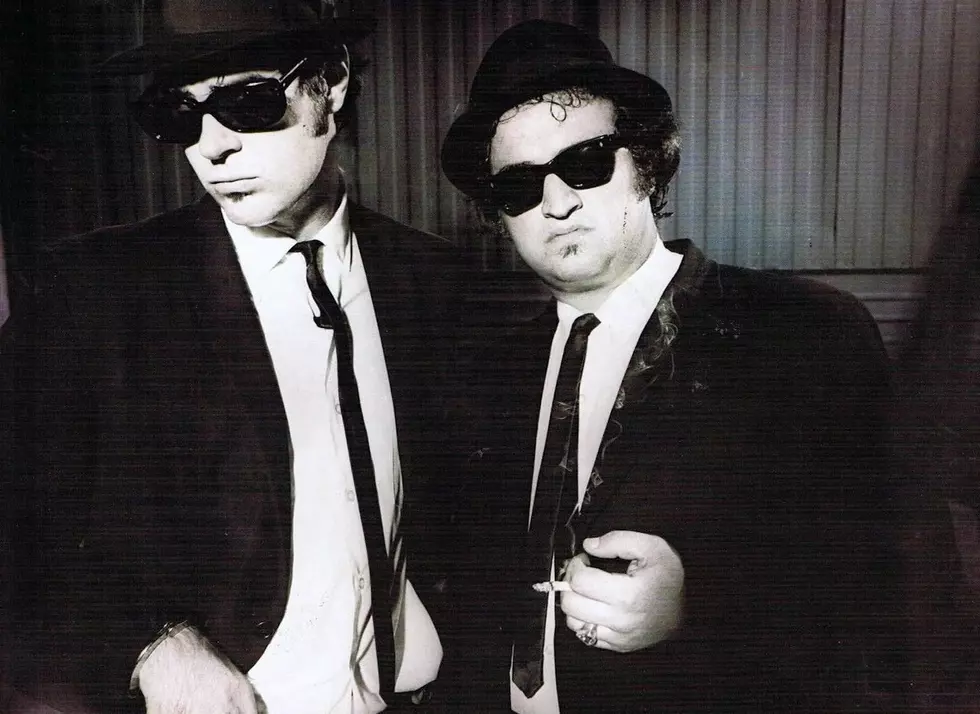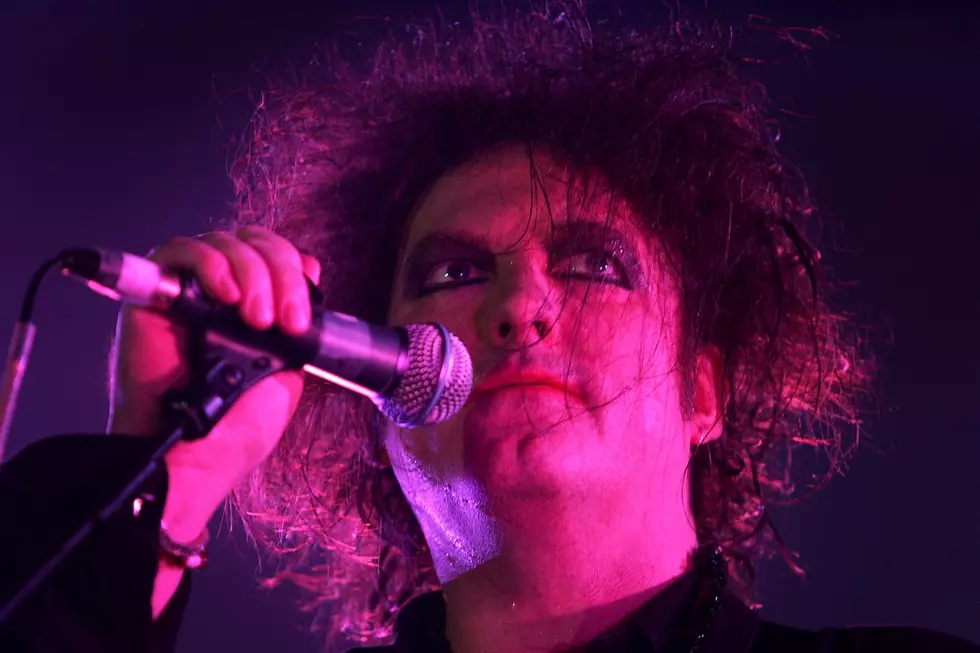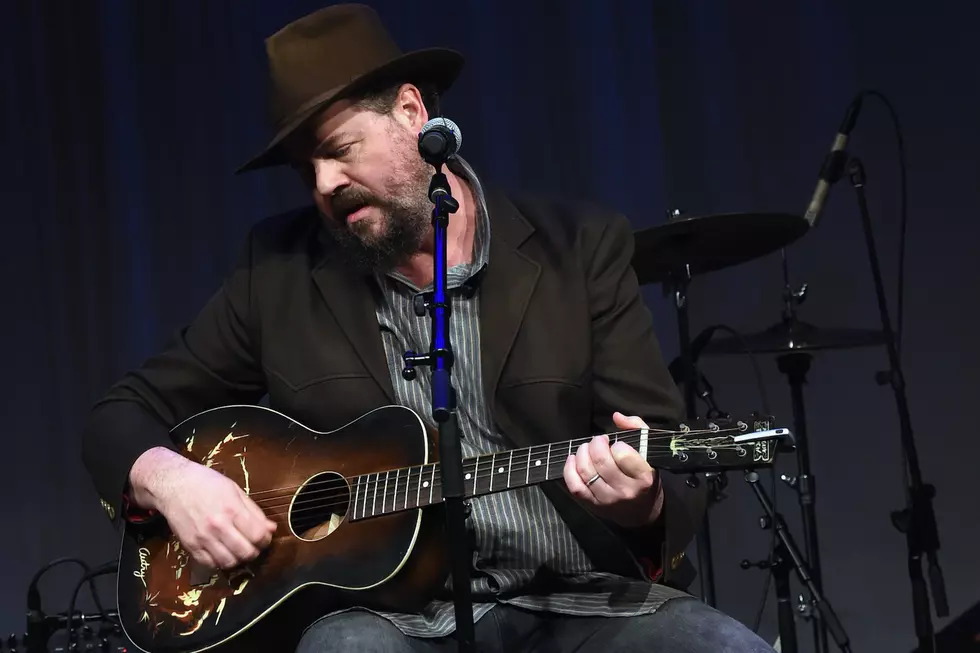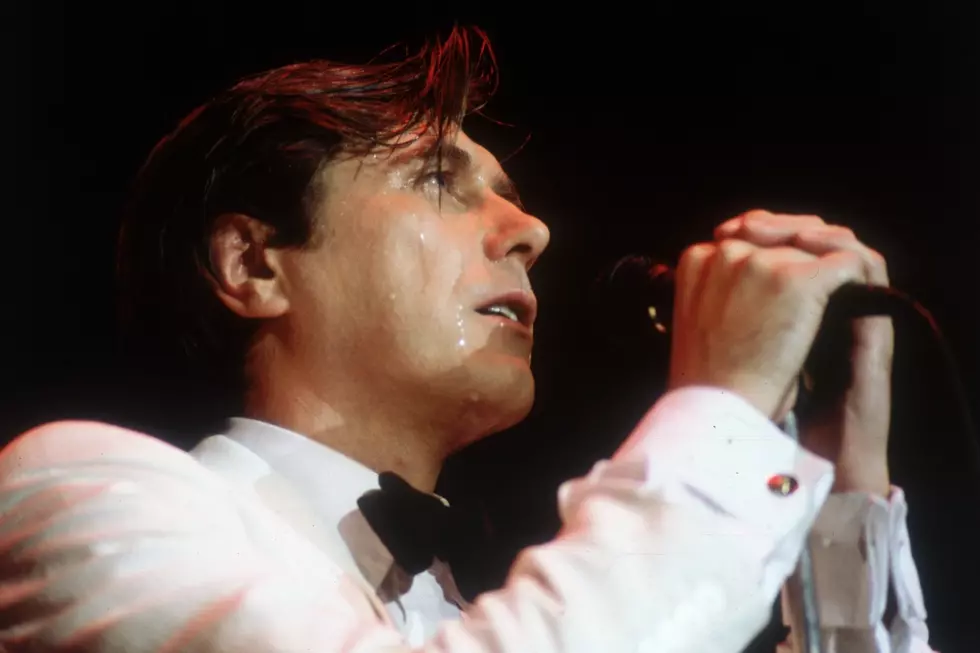
Archival Releases: Forgotten Scenes, Mixtapes and Mysteries
Hand in hand with the rapidly rising value of vinyl and ever-quickening cycles of nostalgia, archival musical releases have become increasingly common. But all such projects are not created equal -- they often have different goals.
This is true even if they are examining similar types of music in roughly contemporaneous time periods. Three recent releases, all containing smooth music from the late ‘70s and early ‘80s, illustrate the variety within the larger category of “archival.”
'Wheedle’s Groove' tries to earn attention for a small regional music scene, an increasingly common practice. 'Too Slow to Disco' works in the tradition of mixtapes you might make your friend -- the kind of thing Pandora or Beats Music are known for: If you like this song, then try this. 'L’Amour' explores yet another direction: I’s a reissue of a barely heard album from 1983 whose creator, Lewis, remains unknown.
In pop culture, Seattle basically doesn’t exist before the indie-rock explosion and Sub Pop (though if you’re into garage rock, Washington had a fertile ‘60s scene with groups like the Sonics). But Seattle’s music scene was wider-ranging than history lets on. 'Wheedle’s Groove' collects “Funk, Modern Soul & Boogie” made in the area between the years 1972 and 1987.
The ‘70s tracks are identifiable by their big bass lines and the choppy guitars that lead toward disco, but the ‘80s-feeling tunes have more energy. ‘Here I Go Again’ from Septimus and ‘Trouble in Mind’ by Malik Din show that the synthesizer funk attack of Prince and the Time made its way out from Minneapolis and toward both coasts during the decade.
In a different universe, Seattle’s Romel Westwood, who appears here on ‘I’m Through With You,’ could have become Alexander O’Neal, a singer who landed several Top 10 R&B hits working with Prince's former bandmates Jimmy Jam and Terry Lewis.
'Wheedle’s Groove' also includes Don Brown’s crisp 'Don’t Lose Your Love.' Brown may be enjoying a comeback; another one of his songs, 'Shut the Door,' appears on 'Too Slow to Disco.' (Discogs confirms these two were originally released together on a 12-inch.)
As is often the case with mixes, there are a few songs on 'Too Slow to Disco' that you might know already -- Fleetwood Mac’s 'Sugar Daddy,' Chicago’s 'Saturday in the Park,' the Doobie Brothers’ 'Losin’ End.' These act as a hook to introduce other songs in a similar vein: mostly white guys singing in smooth falsetto over pillowy, expansive funk arrangements.
The names of the artists featured here are movie-worthy, like Rupert Holmes or the Alessi Brothers. These boys’ parents destined their children to make this kind of luxuriously produced music from the moment they were born.
Holmes’ 'Deco Lady' works with one of the heftiest grooves on the album. It’s a song about people “dressed up to kill” and “spending money like rice” (apparently this was before “making it rain”). A lot of current pop music -- Pharrell, Mayer Hawthorne, Daft Punk -- tries to emulate this rich late-‘70s sound; oddly enough, back in the late ‘70s, guys were also singing longingly of the past -- in this case the art-deco period.
There’s a similar level of weirdness to Nicolette Larson’s cover of Neil Young’s 'Lotta Love.' Young purportedly wrote that song while listening to Fleetwood Mac, who also appear on this mix. 'Too Slow to Disco' is tangled in interlocking webs of influence that flit back and forth across the years.
This can be a problem -- sometimes the mix gets mired down in inter- and intra-genre comparison. Photoglo, for example, steals his groove straight from Boz Scagg’s hit ‘Lowdown,’ while Robbie Dupree pilfers his from the Doobie Brothers’ classic ‘What a Fool Believes.’ Both of the originals are superior songs.
Similarly, if you think outside the West Coast box for a moment, you realize that Don Brown’s ‘Shut the Door’ would be eaten alive by Teddy Pendergrass’ powerhouse seduction ballad ‘Close the Door.’
Lewis doesn’t have to worry about suffering from comparison. First of all, he has disappeared and no one knows who he is, which is pretty remarkable in this day and age when it’s standard practice for releases like this to come with comprehensively annotated booklets, no matter how obscure the artist.
It’s also hard to think of things that sound like 'L’Amour.' A few associations come to mind: synthesizer-heavy ‘80s movie soundtracks, ‘50s country ballads, maybe poorly recorded Todd Rundgren demos or a twisted ghost of Elvis. Few artists combine these ingredients; fewer get a chance to record them.
And even those descriptors don’t really encapsulate the album. Sure, thin, tinny synths run through many of the tracks, but they are surprisingly far back in the mix. Percussion is nowhere to be found; 'Let’s Fall in Love Tonight' almost indulges in a piano backbeat, but then it tiptoes away.
The songs are wispy and melancholy, fleshed out on guitar and piano, but this is skeletal music that tries to avoid being heard -- since lyrics are frequently indiscernible, Lewis’s voice, which often approaches a country-worthy croon, imparts more with tone than words.
Yet these songs have the economy and emotional impact of old standards. Of course, it’s become increasingly common in music to defy genre, as Lewis does. But 'L’Amour' also manages to defy time and place. Quite a feat.
More From Diffuser.fm









